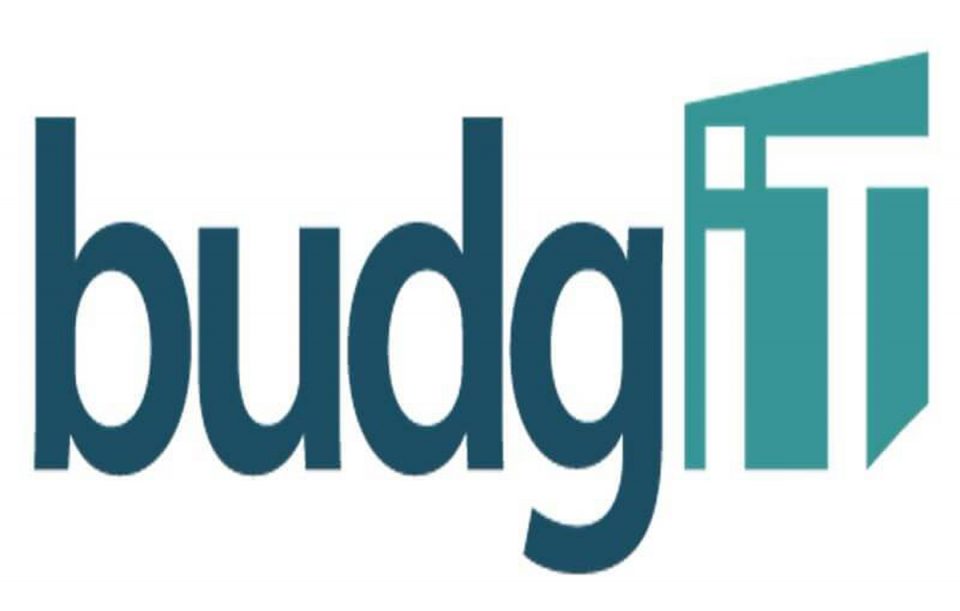BudgIT, a civic advocacy society and accountability organisation on budget and public finance issues, has called for improved standardisation of the Federal Government’s Open Treasury System portal, to fully achieve its purpose.
BudgIT outlined some of the steps needed to make the system more impactful in its report, entitled ‘Nigeria’s Spending Platform: Review, Gaps and Recommendations,’ issued on Thursday in Abuja.
In December 2019, the Federal Government had launched the Open Treasury Portal for the purpose of increasing transparency in government spending.
The portal aimed to provide a comprehensive space for the collation of data by all ministries, departments and agencies (MDAs) on budget implementation, financial records and transactions above ₦5 million for MDA and ₦10 million for Office of the Accountant-General of the Federation.
According to the BudgIT report, while the platform is innovative and commendable, much work is still needed for the platform to fully achieve its goal of ensuring public transparency and accountability.
To conduct its analysis, BudgIT collated and analysed no fewer than 100,000 payment entries from, at least, 600 distinct spreadsheets.
The group said that, combined with the budget implementation spreadsheets, tests of the sites usability and contact information features, this had afforded it the insights on the portal structure, functionality, shortcomings and improvement opportunities.
“Between January and July 2019, we discovered that large sums were paid into personal accounts, including several records with vague descriptions.
“Over 2,900 payments to individuals were recorded at an aggregate value of ₦51billion,” the group stated.
It cited some instances such as ₦2.04 billion, ₦2.04 billion and ₦1 billion paid into personal accounts on June 21, 2019 without any payment description, along with another ₦68 million payment for “Ogunsuyi” and ₦15.8 million for “international” on other dates.
“In the same 2019, we also discovered payment records without descriptions or beneficiary information.
“At least, 5,000 payment records, valued at ₦278 billion were without descriptions and 275 payment records, with a value of ₦43 billion were without beneficiary name.
“These inconspicuous payments cannot be assessed or traced by citizens and interested parties, thereby defeating the purpose of the platform to foster transparency.
“Our report also highlights several recommendations for improving user experience on the platform, increasing transparency of the data available and engaging citizens and stakeholders beyond the platform,” the group said.
According to BudgIT, for the Open Treasury portal to fully achieve its purpose of increasing public financing transparency and accountability, it needs to be made easy to use and comprehend by citizens.
Ojiugo Uche, the Research Lead at BudgIT, advised government to promptly rectify the highlighted fault lines of the portal.
“We also call for the standardisation of the portal, such that it will be impossible to input incomplete or vague information.
“It is also important to investigate payments into personal accounts on the portal,” Uche said.




